Description
Individuals with intellectual disabilities and personality disorders can be very complex to support and few learning disability trained staff have the skills to address their needs. Many approaches traditionally developed and used with individuals with personality disorder are too complex to use with people with intellectual disabilities without skilled adaptation.
Intellectual Disabilities and Personality Disorder: An integrated approach bridges this gap in resources and gives staff a framework for understanding and addressing the problems that arise when an individual has both intellectual disabilities and a personality disorder.
This handbook introduces personality disorders, their epidemiology and how to recognise them. It examines how a personality disorder is shaped by an individual’s intellectual disability and the difficulties this may lead to. It also explores a range of practical approaches to any difficulties that may arise to help staff work more effectively with this client group.
Audience
Intellectual Disabilities and Personality Disorder: An integrated approach will inform learning disability nurses, mental health nurses, clinical and forensic psychologists, social workers, students and support workers. It is also accessible to parents and carers.
Author
Prior to training as a clinical psychologist, Zillah worked in a number of different hospitals for people with intellectual disabilities or mental health problems, including as a volunteer support worker, psychiatric nursing assistant and assistant psychologist.
Zillah completed her BSc in Psychology in 1981 at the University of Birmingham and in 1984 she gained her MSc in Clinical Psychology at the University of Surrey. She then undertook two years training in family therapy resulting in a Certificate in Family Therapy from Birkbeck College and the Institute of Family Therapy. In 2004 she gained her doctorate in clinical psychology from Canterbury Christ Church University College. The specialist focus of her doctorate was autistic spectrum disorders.
In 1989 Zillah became a chartered clinical psychologist with the British Psychological Society and from June 2011 she has been a registered clinical psychologist with the Health and Care Professions Council. Since qualifying, Zillah has worked in a range of roles in the NHS in services for children (CAMHS and paediatrics) and individuals with intellectual disabilities including community and inpatient settings. She has also worked in the voluntary sector in a specialist service for individuals on the autistic spectrum. Her current role is in a specialist inpatient service for individuals with intellectual disabilities and mental health problems.
Details
ISBN: 9781909810358
Publication: 25 April 2014
Content:
Foreword
1. Personality disorder and individuals with intellectual disabilities
2. Unhealthy self-image and low self-esteem
3. Emotional distress
4. Difficulties with interpersonal relationships
5. Difficulties in relationships with staff
6. Difficulties with self-control and impulsivity
7. Distorted thinking
8. Physical health problems
9. Mental health problems
10. Challenging behaviours
11. Suicidal behaviour and self-harm
12. Crisis management
13. Difficulties engaging with services
14. Tensions and disagreements within and between teams
15. Difficulties with relatives, family and partners.

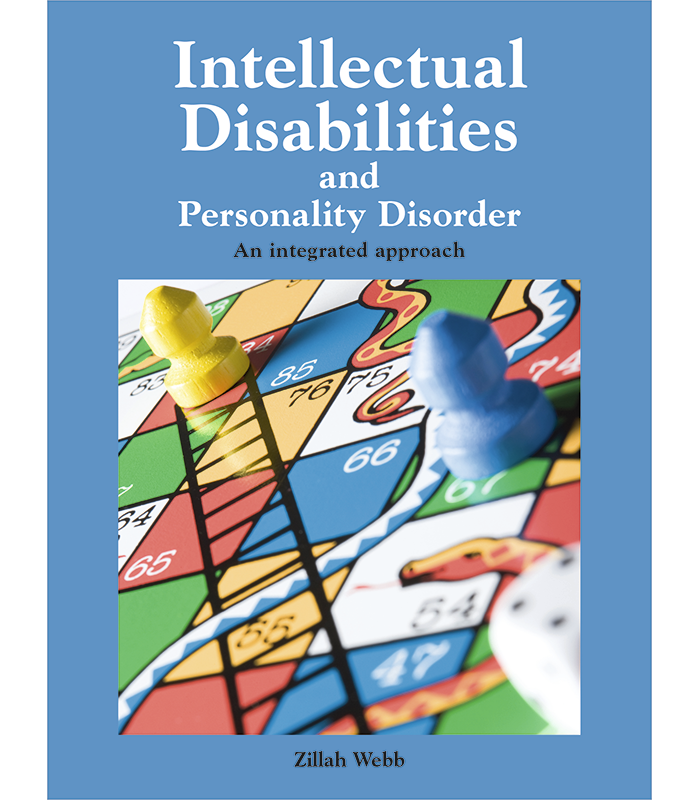
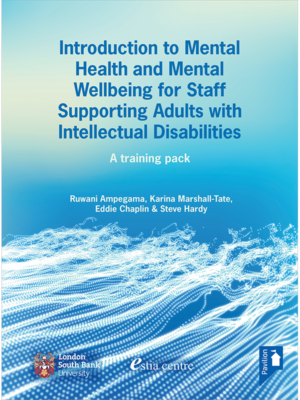
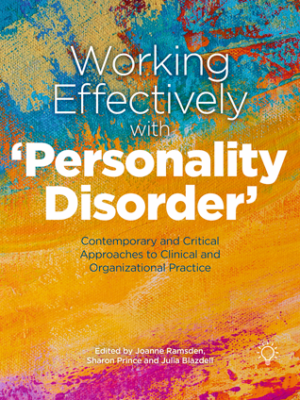
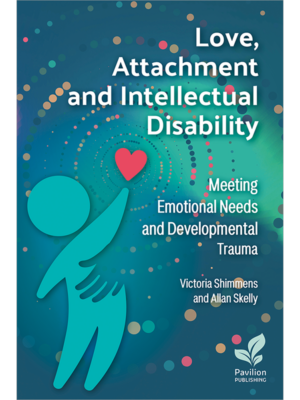
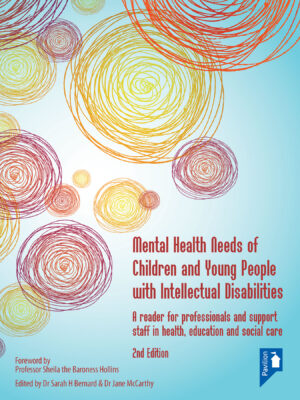
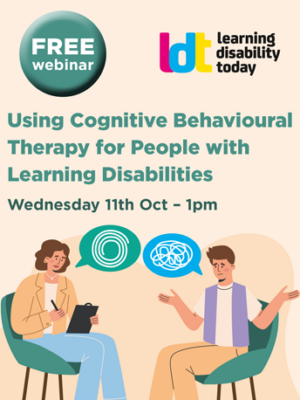
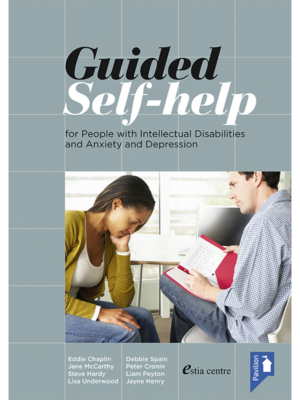
Neil James –
This is a very well written and structured book that provides very important information and guidance to those working with individuals who have these needs. There are good examples provided and discussion of key topics that provide practical applicability. I feel that it will be an excellent resource for practitioners to have to keep referring to and also for carers who are supporting someone who present with these diagnosis. With very limited literature available focusing on this aspect of practice this is a very timely and significant publication. I strongly recommend this book for practitioners, students and carers working in the field of health and social care.